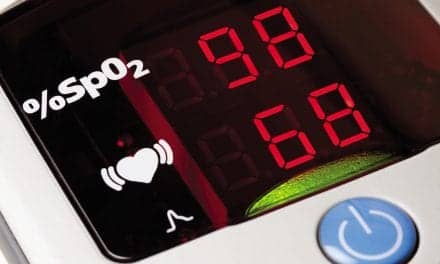The US FDA has developed a draft guidance to “facilitate the appropriate and responsible dissemination of patient-specific information recorded, stored, processed, retrieved, and/or derived from medical devices from manufacturers to patients,” according to an agency release.
The agency said the guidelines are intended to inform for the industry, healthcare providers, and FDA staff about the mechanisms and considerations for device manufacturers sharing such information with patients when they request it.
The FDA defined patient-specific information as any information unique to an individual patient or unique to that patient’s treatment or diagnosis that, consistent with the intended use of a medical device, may be recorded, stored, processed, retrieved, and/or derived from that medical device.
According to the FDA, categories for patient-specific information include:
- Data a healthcare provider inputs to record the status and ongoing treatment of an individual patient; or
- Information stored by the device to record usage, alarms, or outputs (eg, pulse oximetry data, heart electrical activity, and rhythms as monitored by a pacemaker). Patient- specific case logs entered into a medical device by a healthcare provider may be included under this definition.
The agency listed several considerations that device manufacturers should take into account when sharing patient-specific information. This will “help to ensure it is useable by patients and to avoid the disclosure of confusing or unclear information that could be misinterpreted,” the agency wrote. The recommendations include:
Content. Patient-specific information derived from a medical device that can be shared by a device manufacturer with an individual patient may include any information from the device that is pertinent to that specific patient. FDA recommends that a manufacturer take appropriate measures to ensure that the information provided is interpretable and useful to the patient and to prevent the disclosure of confusing or unclear information that could be misinterpreted.
Context. When providing patient-specific information to the affected patient, it may be appropriate for the device manufacturer to include relevant context to avoid circumstances where this information may be misinterpreted, thus leading to incorrect or invalid conclusions.
“FDA believes that providing patients with access to accurate, useable information about their healthcare when they request it (including the medical products they use and patient-specific information these products generate) will empower patients to be more engaged with their healthcare providers in making sound medical decisions,” the draft guidance stated.
The full draft guidelines are available on the FDA’s website.










